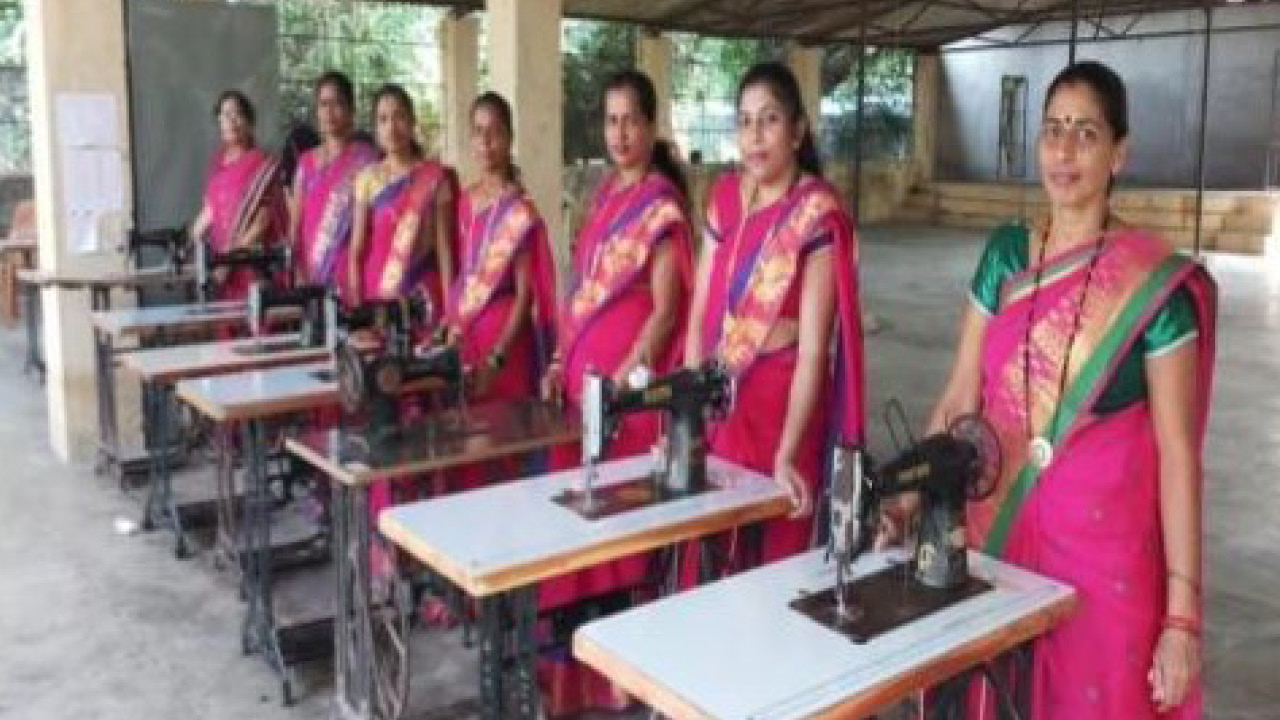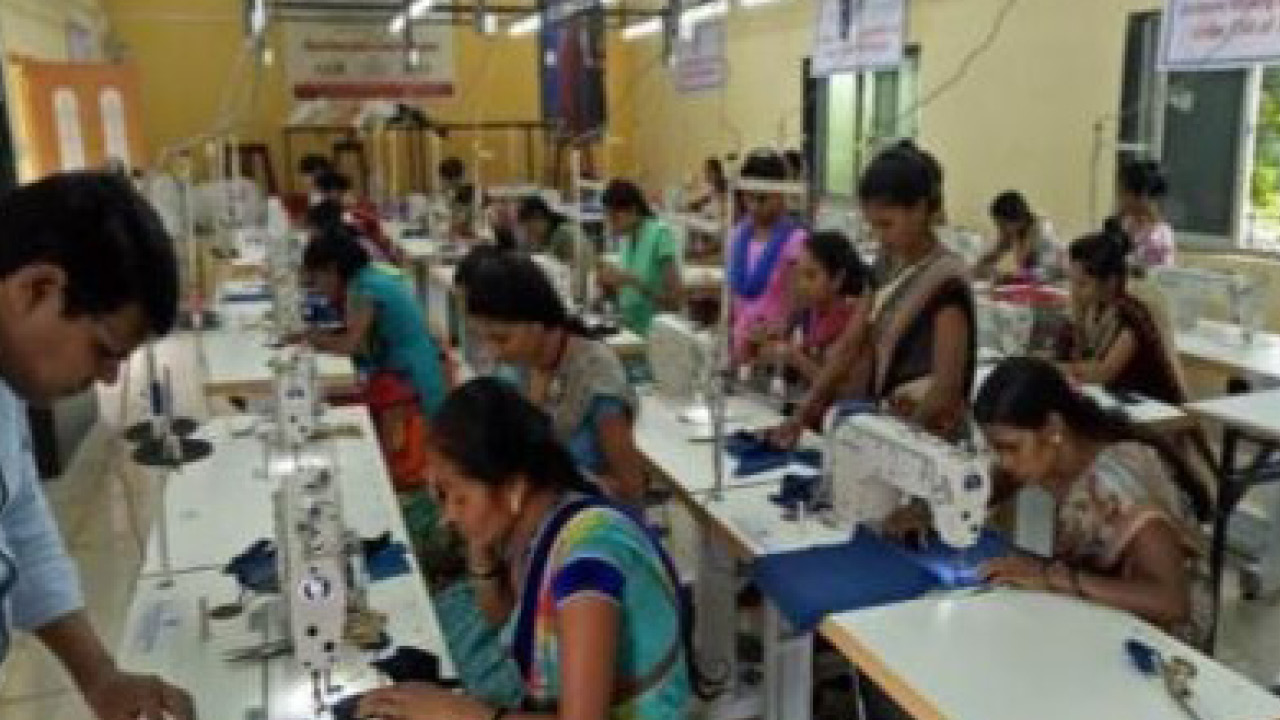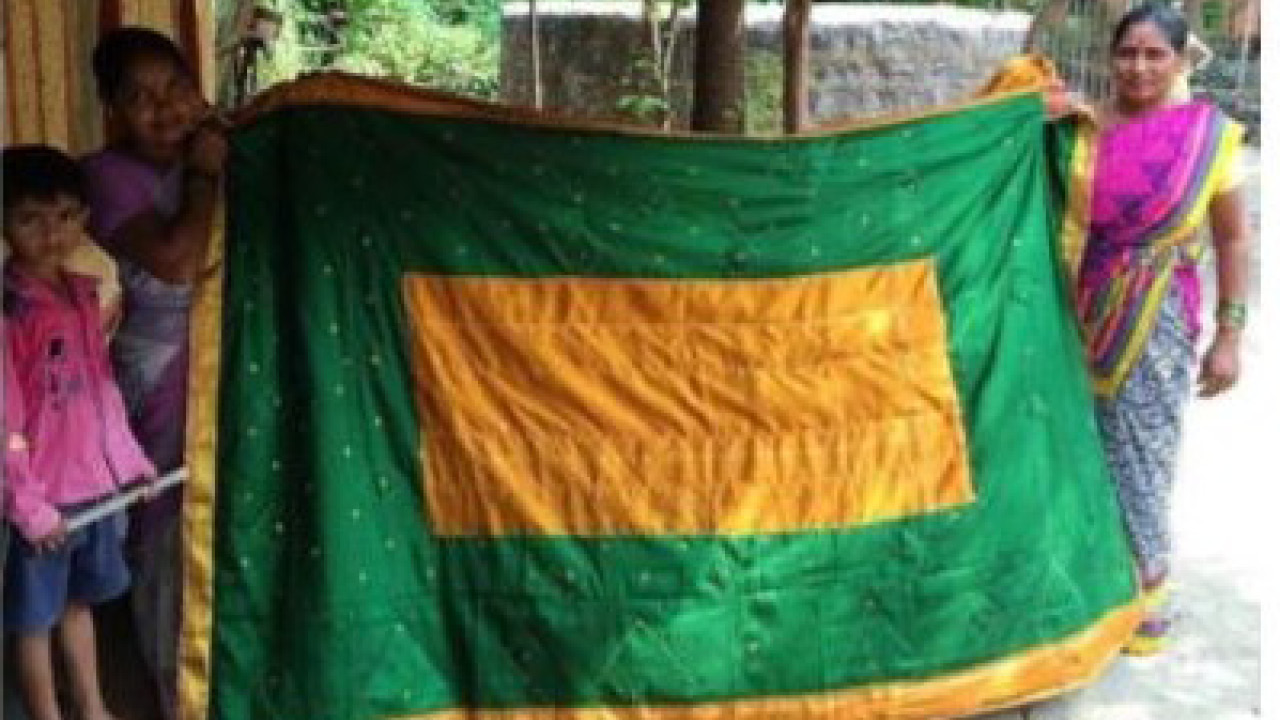Tribal Rights Expansion and Empowerment (TREE) Programme – Office of District Collector, Palghar

The project created multiple employment opportunities for the tribal population in the Palghar district.
Problem
- The female tribal population in Palghar district, Maharashtra was not economically self-reliant
- Lack of government-backed programmes to help these women and tribal community
- No existing technological infrastructure to support any empowering project
- The tribal communities are dependent on forest for produce and there were issues with forest rights documentation
- No procedures to help tribals obtein identity certificates and land rights documents
Solution
- 570 camps were organised to issue certificates of various kinds
- 5,000 farmer’s groups were created to empower farmers to avail the benefits of various schemes
- 2,25,180 pullet birds were distributed to tribal women; after 4 months, government purchased eggs
- Community workshops for tribal women to help them become economically self-reliant
Outcomes
- The project created multiple employment opportunities for the tribal population in the Palghar district
- The majority of the tribal people became economically self-reliant and benefited from dual-income opportunities
- Single-roof system for all the people to avail the benefits of various certificates
- The problems of malnutrition among children in the area also decreased by 1/3rd over the period of implementation of the project
Project Details
Category: Tribal Development
Sub-category: Government – Livelihood Development for Tribal Communities
Project: Tribal Rights Expansion and Empowerment (TREE) Programme
Organisation: Office of District Collector, Palghar
Start Date: 01-Jan-2018
Problem
The female tribal population in Palghar district, Maharashtra was not economically self-reliant and there was a lack of government-backed community support programmes that could come to their aid.
The tribal population is dependent on forest-related agriculture activities for their sustenance and collaborative initiatives that empowered tribal communities were the need of the hour. There was also no existing technological infrastructure that could serve as the foundation for the rollout of such a programme and no standard operating procedures were in place to solve issues such as the lack of identity certificates, land registration certificates and absence of economic opportunities.
Solution
The Tribal Rights Expansion and Empowerment (TREE) programme introduced several measures to empower the tribal communities in the Palghar district. Under this project around 570 camps were organised to issue certificates of various kinds to the tribal people. These certificates included caste certificates, Aadhaar Card, Ration Card, Income Certificate, Domicile Certificate, Elections ID, Birth Certificate, Job Card under MGNREGA, Record of rights (7/12 extract) etc.
The Swayam Scheme was implemented for tribal women’s economic empowerment. Under this scheme, 2,25,180 pullet birds were distributed to tribal women. After 4 months, eggs were purchased by the government from these women and distributed free of cost in Anganwadis. This scheme also generated livelihood for the tribal women also provided affordable nutrition at the Anganwadi centres. Community workshops were also organised for tribal women to become economically self-reliant. These workshops are owned and managed by women SHGs and these women were trained in tailoring skills by renowned fashion designer Anita Dongre and other similar brands. This project was carried out by the government under CSR activity and provided much-needed skill training to tribal women
Outcomes
The project created multiple employment opportunities for the tribal population in the Palghar district. After the implementation of the TREE programme, the majority of the tribal people became economically self-reliant and benefited from dual-income opportunities. The project also introduced a single-roof system for all the people to avail the benefits of various certificates and schemes such as Aadhar, Ration Card, Income Certificate, 7/12 Certificate, Job card, Caste certificate and agricultural schemes, animal Husbandry schemes, poultry schemes etc.
Nearly 5,000 farmer’s groups were created and they were registered under ATMA (Agriculture Technology and Management Agency); eighteen Farmer producer companies were also formed and more than 90,000 farmers were brought under these farmer’s groups’ ambit to empower them to avail the benefits of various schemes of Agriculture, Animal Husbandry, Farm ponds, horticulture schemes and poultry.
Around 42,000 farmers got the long-pending land rights under The forest act and all these lands were registered and provided with 7/12 documents (land registration document). The problems of malnutrition among children in the area also decreased by 1/3rd over a period of implementation of the project. The project also connected rural tribal people with urban markets to sell their agricultural goods and generate income.



